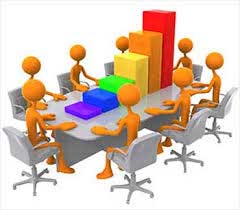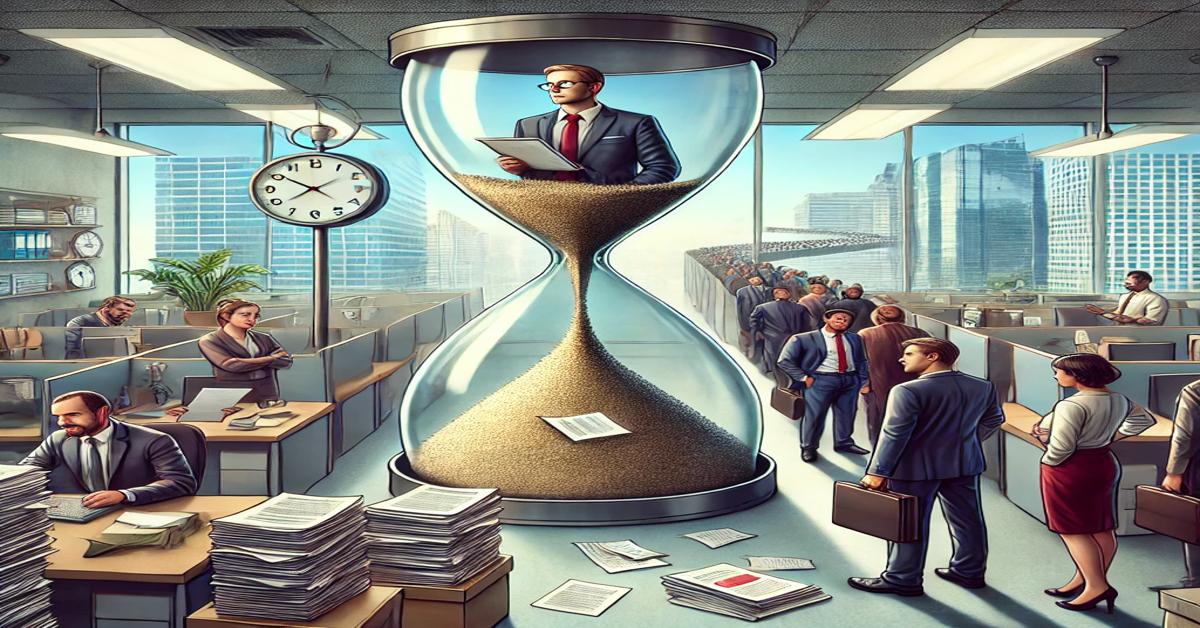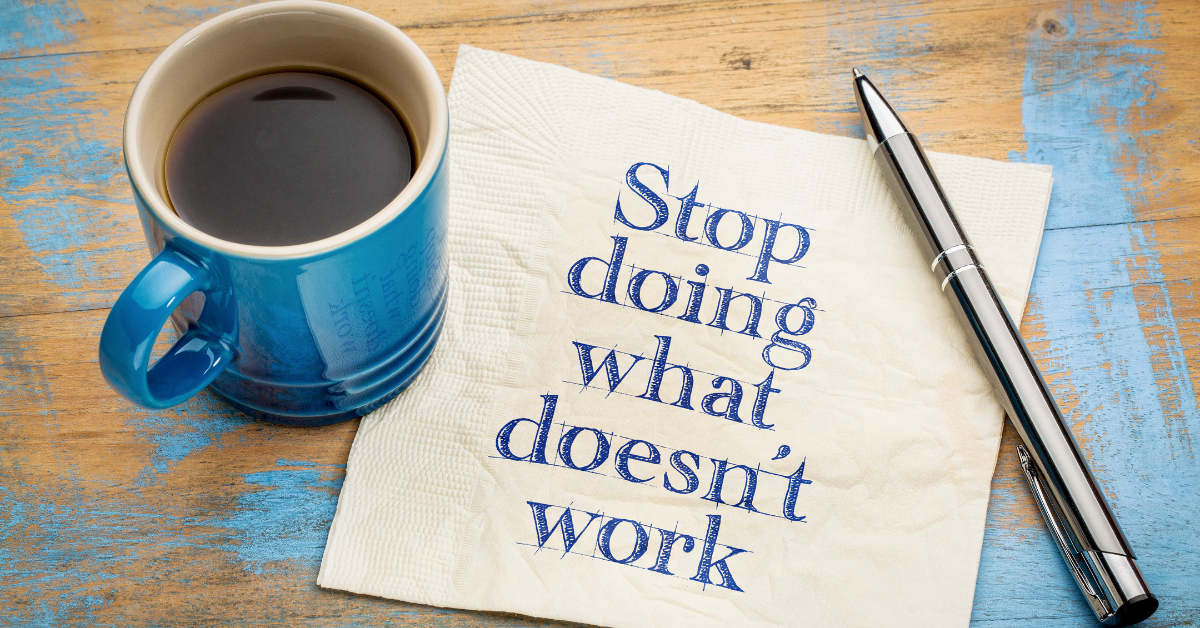Having fun in the workplace; what a concept. Do you love to play? Do you know how good it is for you?
Having fun in the workplace used to be a lot more common than it is today. People are more stressed these days. Adding play is both a source of calmness and a source of stimulation for the brain and body; it is very powerful. Play also provides an opportunity to get to know more about the people we work with.
‘Play’ Definition: (verb) “engage in activity for enjoyment and recreation rather than a serious or practical purpose”.
Play has a number of components: curiosity, discovery, novelty, risk-taking, trial and error, pretense, games – many of which are the same as the components involved in learning. And it’s important to remember, play exercises both our bodies and our minds.
Sadly, as we age, we seem to lose the capacity to play, especially in the workplace where it can provide a definite benefit. The value of play in the work environment:
- Helps us learn and become more creative and flexible;
- Breaks down barriers between people. Fun non-work physical activities, having a joke together will help to develop team rituals;
- Reduces workplace stress. Prudent use of humor and laughter lighten our burdens and help us keep things in perspective. A good laugh has a positive physiological effect, releasing endorphins which lift our spirits, as does physical exercise;
- Helps us learn to persevere as we strive to master something new. (Remember learning to ride a bike? I bet you didn’t do it overnight, but you were happy to practice and get up again when you fell off because it was fun); and
- Sharing playful activities and having fun with our colleagues can help us find out what makes them tick.
So, there are many good reasons for encouraging play and humor at work. But let’s focus now on how play helps us discover & learn about co-workers.
First, think about play and creativity. Fun activities aimed at developing innovative ideas, combined with careful listening, give us insights into how people think. And when we’re caught up in the moment, we become more open – our internal censors relax and we express ourselves more freely.
Next, think about how people respond to situations, jokes and informal conversations. When we really listen to what they say, and observe their reactions, we not only find out what interests and amuses them, but we can discover much about their values and beliefs.
Importantly, when we’re having fun, we drop our defenses. This lets us, and our colleagues, discover how we’re likely to behave in unusual or pressure situations. We each have ingrained patterns of behavior built up over many years. Some of these are effective. Unfortunately others are not. But they exist and they emerge when we’re under pressure. During play and simulations, we find out how we’re likely to react under pressure, which does two things. First, we can identify areas that require conscious effort, training and follow up in order to develop more appropriate patterns. Second, by gaining insight into how people are likely to operate when things get tough, we have some idea of what to expect and we can proactively develop strategies to deal with potentially negative behaviors.
So, if anyone ever tells you that you shouldn’t be having fun at work, invite them to think again. Your ability to play may be your competitive advantage.
If you want to add to your fun in the workplace, Connect with us today.




